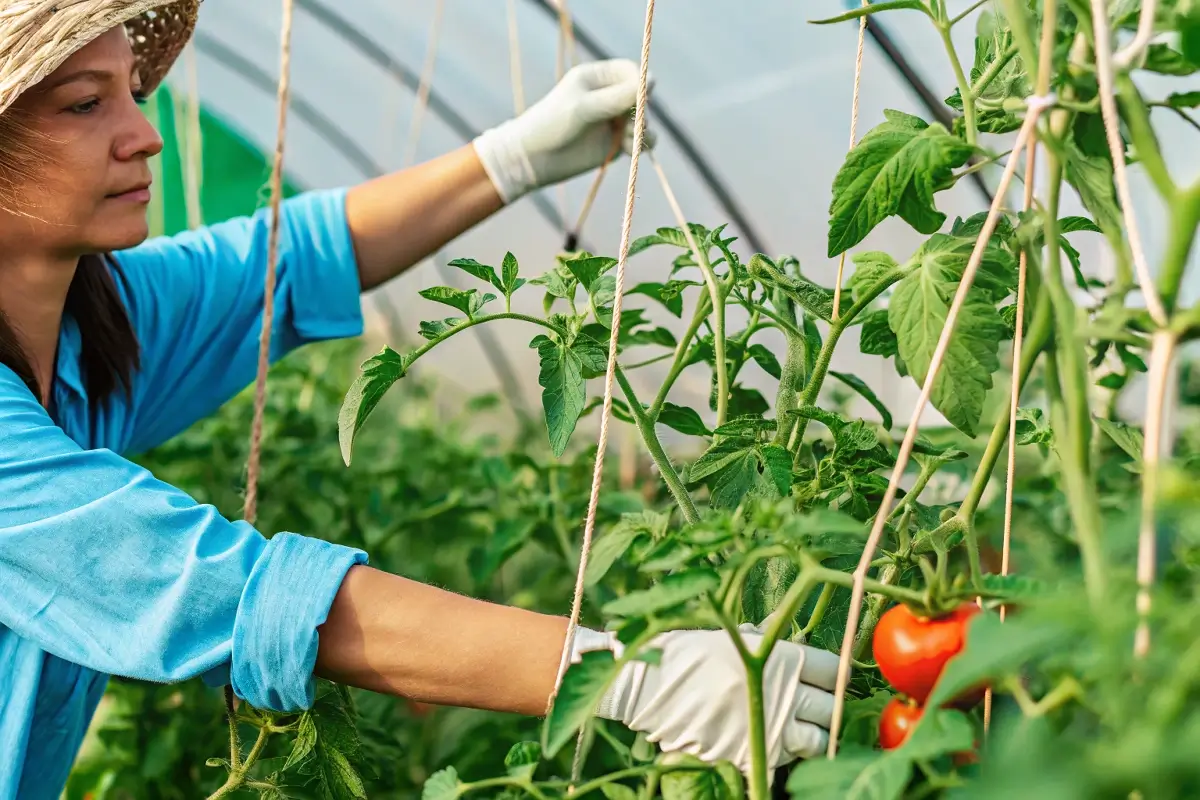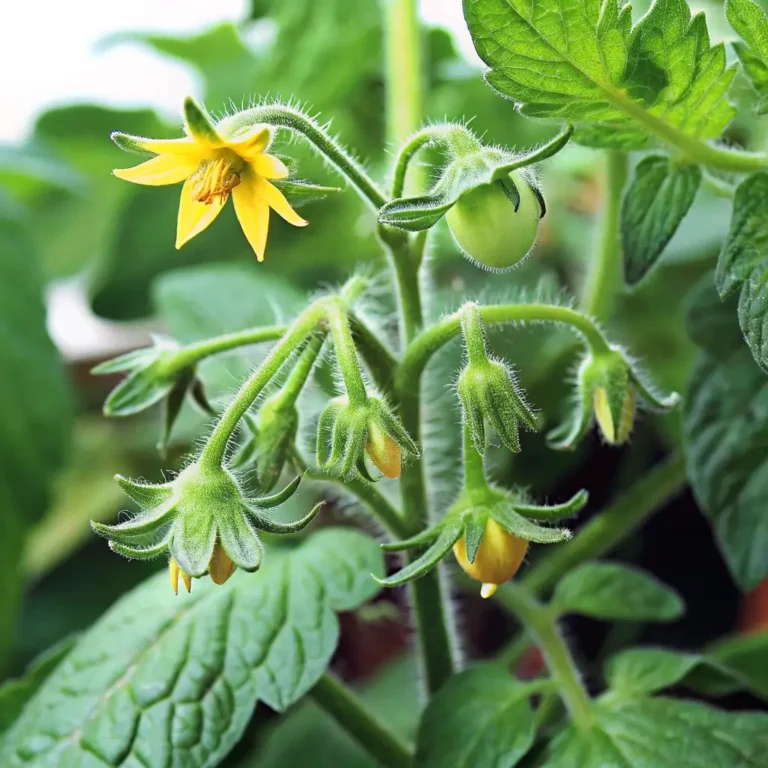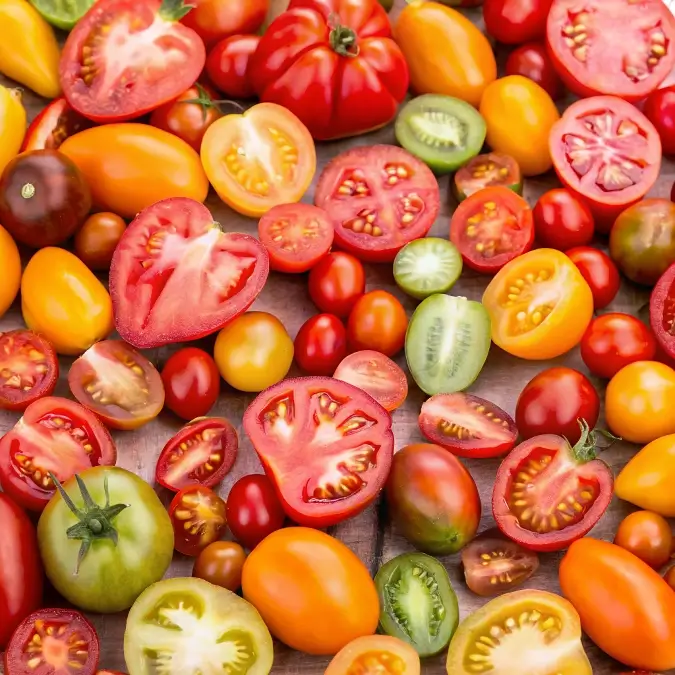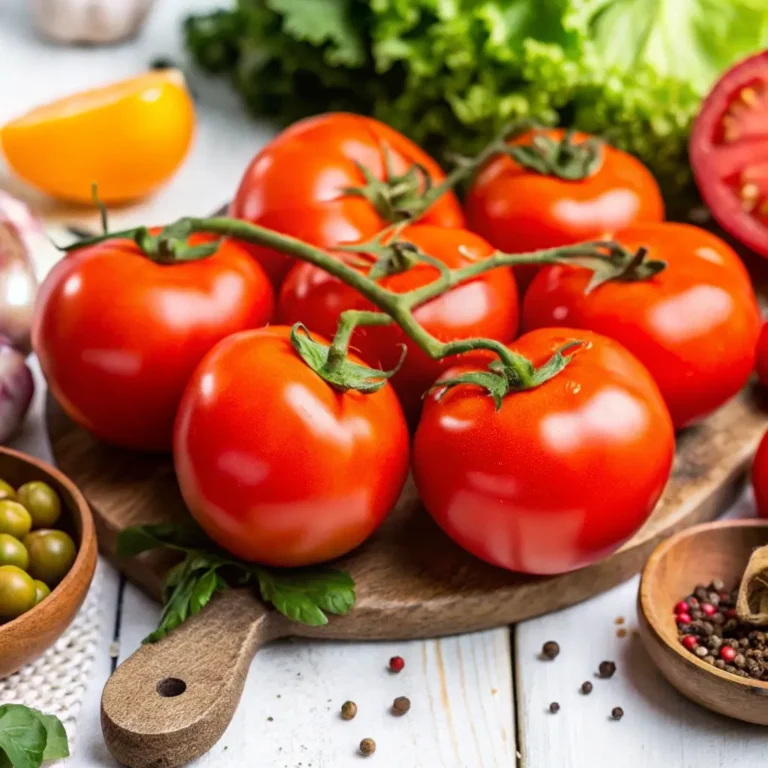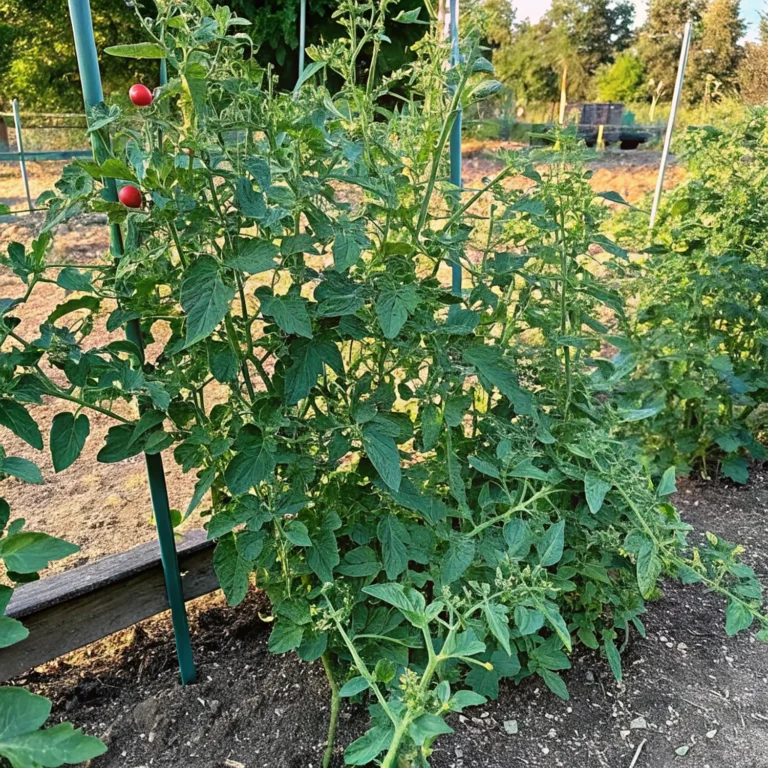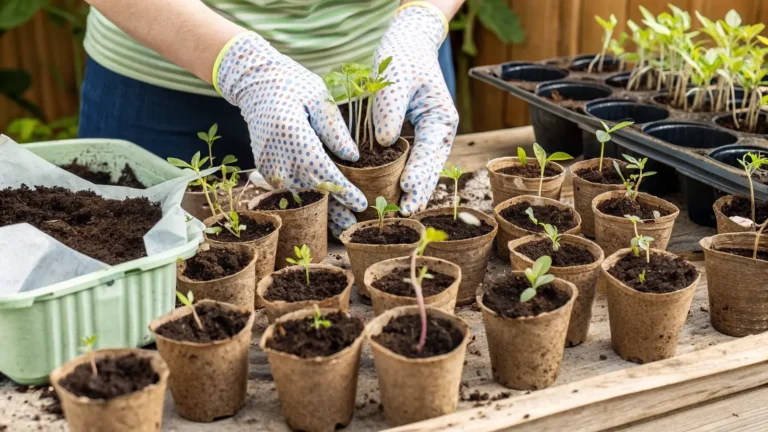The 7 Best Tomato Twine Ties for Tying Up Your Tomatoes Safely
Table of Contents
Introduction
Did you know that improperly supported tomato plants can reduce your harvest by up to 30%? While many gardeners focus on soil quality and watering schedules, the humble tomato tie often remains an afterthought—until plants start toppling over. Finding the right tomato twine ties for tying up your tomatoes safely can mean the difference between a bountiful harvest and a disappointing tangle of broken stems. Whether you’re a seasoned gardener or just starting your first vegetable patch, selecting appropriate support materials ensures your tomato plants grow upright, healthy, and productive all season long.
Types of Tomato Twine Ties
When it comes to supporting your precious tomato plants, various options exist, each with unique advantages:
- Natural Jute Twine – Biodegradable and garden-friendly
- Soft Plant Velcro Ties – Adjustable and reusable
- Rubber-Coated Wire Ties – Flexible yet sturdy support
- Sisal Twine – Strong natural fiber with excellent durability
- Bamboo Twist Ties – Eco-friendly and decomposable
- Expandable Plastic Ties – Grow with your plants
- Cotton Garden Twine – Gentle on delicate stems
Many experienced gardeners keep several types on hand for different stages of plant growth or various tomato varieties.
Timing
Implementing proper tomato support systems takes approximately 30-45 minutes for an average garden bed of 8-10 plants, which is about 15% less time than you’ll spend dealing with fallen plants throughout the season. Start tying when plants reach 12 inches in height, and plan to inspect and adjust ties every 7-10 days during peak growing season. Early intervention prevents stem damage and trains plants to grow properly from the beginning.
Step-by-Step Instructions for Tying Tomatoes
Step 1: Choose the Right Support System
Select a sturdy trellis, cage, or stake system based on your tomato variety. Determinate (bush) tomatoes typically need less support than indeterminate (vining) varieties that can grow 6+ feet tall. Ensure your support structure is firmly anchored before attaching plants.
Step 2: Identify Key Tying Points
Locate the main stem and strong branch junctions that will benefit most from support. Ideal tying points occur just below a leaf node or fruit cluster, providing natural reinforcement against the tie.
Step 3: Create a Figure-Eight Loop
Rather than tying directly around the stem (which can cause constriction), form a figure-eight with your twine tie, creating a cushion between the plant and support structure. This technique allows for growth while maintaining stability.
Step 4: Maintain Proper Tension
Secure ties tight enough to provide support but loose enough to allow for stem thickening—you should be able to slide a finger between the tie and the stem. Remember that tomato stems can double in diameter during the growing season.
Step 5: Regular Maintenance and Adjustments
As plants grow, add new ties every 8-12 inches up the stem. Remove or loosen ties that show signs of cutting into stems, and replace biodegradable ties that have begun to deteriorate.
Nutritional Information
While this article focuses on tomato plant support rather than consumption, it’s worth noting that properly supported tomato plants can produce fruits with up to 15% higher vitamin C content compared to stressed plants. Healthy, upright growth promotes better air circulation, reducing disease pressure and increasing nutritional value of harvested tomatoes.
Healthier Alternatives for Supporting Tomatoes
For gardeners concerned about sustainability and plant health, consider these eco-friendly alternatives:
- Use strips cut from old cotton t-shirts instead of commercial ties
- Repurpose old pantyhose cut into strips for gentle, stretchy support
- Create plant ties from twisted paper instead of plastic options
- Implement a companion planting strategy where corn or sunflowers provide natural support
These alternatives reduce plastic waste while still providing effective support for growing plants.
Serving Suggestions
Once your properly supported tomato plants start producing, you’ll enjoy:
- Straighter, cleaner fruits with fewer ground contact blemishes
- Improved air circulation resulting in lower disease pressure
- Easier harvesting without searching through tangled vines
- Better sun exposure leading to more uniform ripening
Many gardeners find that well-supported plants produce harvestable fruits 1-2 weeks earlier than those left to sprawl.
Common Mistakes to Avoid
When tying up your tomato plants, watch out for these frequent errors:
- Tying too tightly – Restricts growth and can damage stems
- Using non-adjustable materials – Prevents accommodation for plant growth
- Waiting too long – Attempting to tie already-sprawling plants often results in stem damage
- Using sharp or thin ties – Can cut into soft stems like cheese wire
- Inconsistent tying heights – Creates unbalanced support that may fail under weight
According to a survey of master gardeners, the single most common mistake (made by 68% of beginning gardeners) is using materials that don’t expand as plants grow.
Storing Tips for Tomato Ties
To maximize the lifespan of your tomato twine ties:
- Store natural fiber ties in a dry location to prevent premature decomposition
- Keep plastic or reusable ties in a labeled container for easy access next season
- Clean and disinfect reusable ties with a 10% bleach solution between seasons to prevent disease transmission
- Wind excess twine on empty toilet paper rolls for tangle-free storage
Proper storage can extend the usable life of quality ties by 2-3 growing seasons.
Conclusion
Selecting the right tomato twine ties for tying up your tomatoes safely is an essential but often overlooked aspect of successful vegetable gardening. By investing in appropriate support materials and implementing proper tying techniques, you’ll enjoy healthier plants, higher yields, and less maintenance throughout the growing season. Remember that the best tie is one that provides gentle support while accommodating the natural growth of your plants. What tomato support methods have worked best in your garden? Try implementing these recommendations and share your results with fellow gardeners!
FAQs
Q: How often should I check and adjust my tomato ties?
A: Inspect ties weekly during active growth periods. Look for any signs of constriction and adjust accordingly.
Q: Can I reuse natural fiber ties next season?
A: Natural fibers like jute and cotton typically decompose by season’s end. Consider them single-season investments in your garden’s health.
Q: What’s the best tie material for extremely tall indeterminate varieties?
A: Soft velcro ties or stretchy fabric strips work best for vigorous growers, as they provide strong support while expanding with growth.
Q: Will plastic ties harm my plants or soil?
A: Choose biodegradable options when possible. If using plastic, remove all ties at season’s end to prevent environmental contamination.
Q: How do I support cherry tomato plants that produce heavy clusters?
A: For cluster-producing varieties, place additional supports directly under heavy fruit clusters using hammock-style slings made from breathable material.

